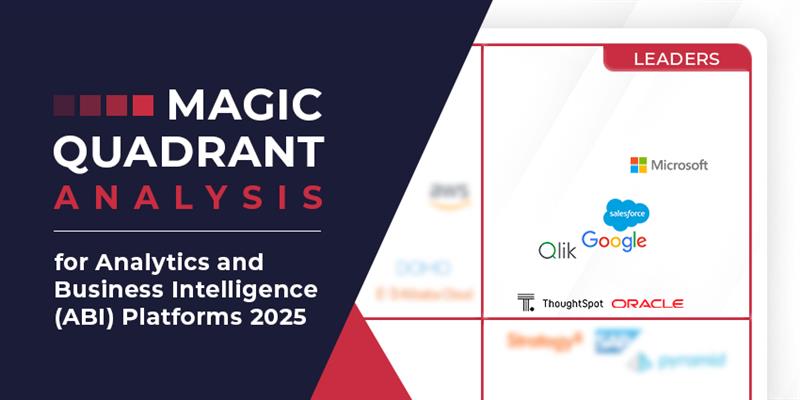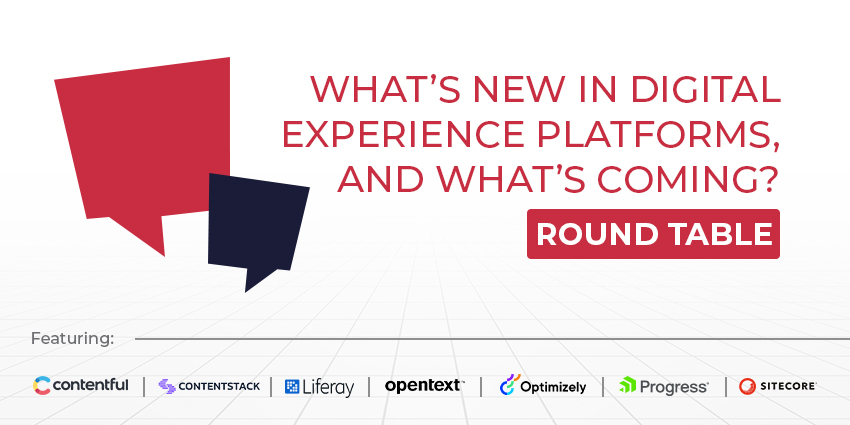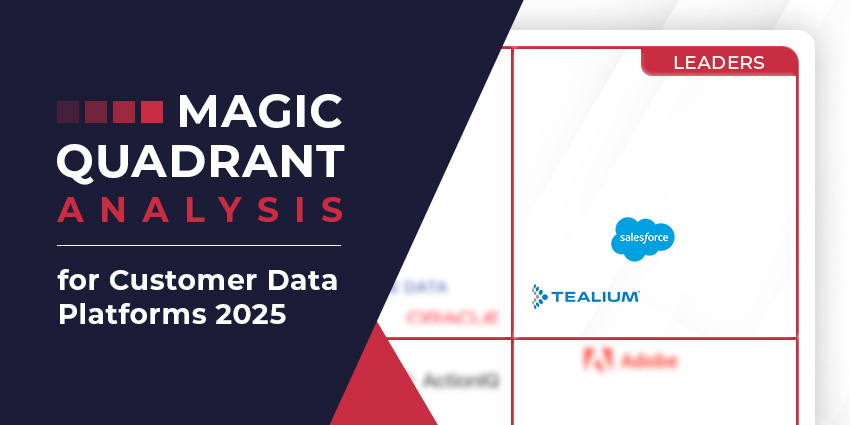79% of CEOs are ready to embed AI ethics into their AI practices, a percentage almost four times higher than that uncovered in 2018.
New IBM research reveals that most brands perceive trustworthy AI as a significant, strategic differentiator, with many already implementing AI ethics mechanisms.
These mechanisms support business transformation programs in which AI tools handle customer data and power customer journeys at an increasing rate.
Yet, implementations must respect customer needs, safety, and privacy. By ensuring this, companies systematically address ethics gaps surrounding AI.
Thankfully, 45% of business leaders report that their company has developed AI-specific ethics mechanisms, according to the IBM report entitled: “AI ethics in action: An enterprise guide to progressing trustworthy AI”. These may include an AI project risk assessment framework or a formal auditing/review process.
The percentage is likely to rise too, as more than 75% of respondents agree that AI ethics is becoming a critical business consideration, up from only half in 2018.
However, there appears to be more than just ethics at play, as three-quarters of business leaders also believe it offers a source of competitive differentiation.
In addition, more than two-thirds of participants view AI and the associated ethics as a critical vehicle to outperform peers in many emerging fields critical to CX success. Sustainability and social responsibility are excellent examples.
Commenting on the report, Jesus Mantas, Global Managing Partner at IBM Consulting, said:
Our IBV study findings demonstrate that building trustworthy AI is a business imperative and a societal expectation, not just a compliance issue. As such, companies can implement a governance model and embed ethical principles across the full AI life cycle.
Yet, despite its importance, less than a fifth of respondents agreed that the actions and practices in delivering trustworthy AI align with their principles and values.
To put this right, companies must act now. IBM suggests implementing “a broad AI ethics strategy interwoven throughout business units.” To facilitate this, leaders can:
- To put this right, companies must act now. IBM suggests implementing “a broad AI ethics strategy interwoven throughout business units.” To facilitate this, leaders can:
- Engage with AI-focused technology partners to ensure they stick to trustworthy AI guidelines and establish “ethical interoperability”.
- Manage and govern AI solutions, nurturing responsibility with best practices and policies
A final thought-provoking statistic finds that 80% of respondents point to a non-technical executive as the primary advocate for AI ethics, compared to 15% in 2018.
To gather these results, IBM worked with Oxford Economics to survey 1,200 executives in 22 countries across 22 industries.







